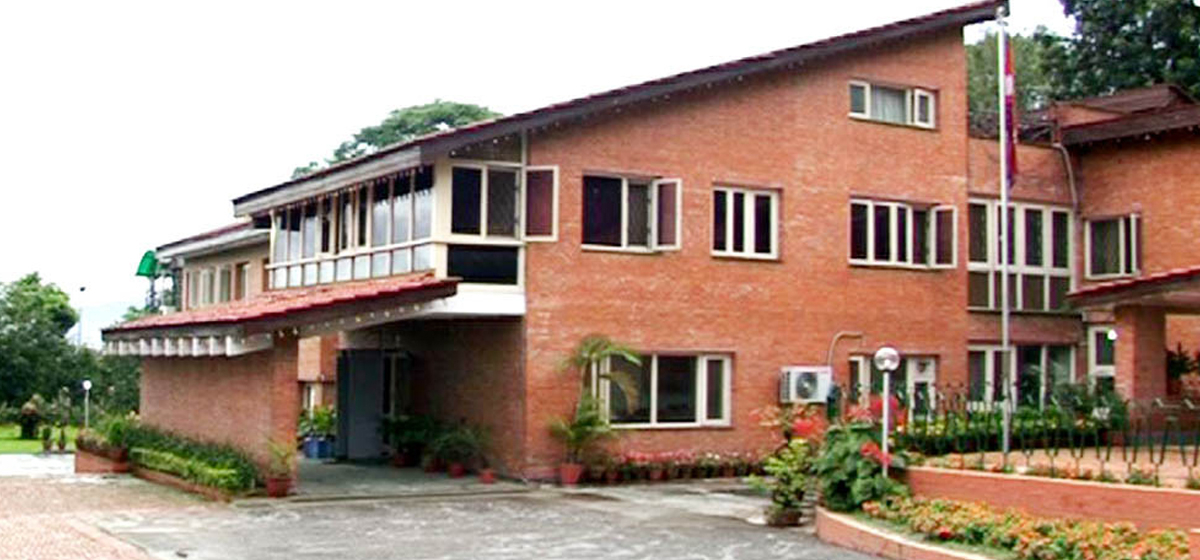The Gaur massacre remains an indelible stain on Nepal's history, haunting the memories of victims' families for the past 17 years. The tragic incident, which claimed the lives of 28 innocent people, is a painful reminder of the violence that plagued the nation during tumultuous times. Today, the survivors and families of the deceased are taking to the streets demanding justice, and their call for action can no longer be ignored. The government must heed their demands and address their grievances without further delay. The Gaur Massacre Victims Struggle Committee has demonstrated their patience and determination by warning of protests in Kathmandu after years of waiting. The threat to take the movement across the country highlights the desperation and frustration felt by these victims, who have seen little progress in their pursuit of justice. The state's unresponsiveness to their pleas has left them with no option but to take their cause to the capital and other regions.
On 21 March 2007, 26 individuals linked to the then CPN (Maoist) and one unidentified individual were brutally killed during violence that broke out when the Madheshi People’s Rights Forum (MPRF) and CPN-Maoist organized simultaneous rallies in Gaur. The duty of any government is to protect its citizens and uphold the principles of justice and rule of law. However, the survivors and families of the Gaur massacre have been denied justice for far too long, perpetuating a culture of impunity. The lack of accountability for the perpetrators has deepened the wounds of the victims' families and sent a dangerous message that such heinous acts can go unpunished. The main accused in the Gaur Massacre, Upendra Yadav, was a prominent figure at the time of the incident, and yet, justice has eluded the victims. Despite 253 people being reported to the District Police Office, little progress has been made in holding those responsible accountable.
Home ministry signs five-point pact with Gaur Massacre Victims'...

The ongoing indefinite sit-in and hunger strike by the Struggle Committee at Chandranigahapur, Rautahat, symbolizes their resolve and determination to seek justice. It indicates their deep pain and desperation to see their loved ones' sacrifices acknowledged and justice served. As the representatives of the people, the government must listen to the voices of the victims and address their grievances with empathy and urgency. The demands for justice and accountability are not unreasonable; they are fundamental rights that every citizen deserves. By failing to respond adequately, the government risks alienating its own citizens and undermining the trust placed in democratic institutions.
This issue is not just about the Gaur Massacre; it is about justice, human rights, and the rule of law. Ignoring the demands of the Gaur Massacre Victims Struggle Committee would betray the very principles upon which the governance system of this nation has been built. It is an opportunity for the government to demonstrate its commitment to the values enshrined in the constitution and show that no one is above the law. The victims and their families have endured immense pain and suffering for far too long. The scars of the past will not heal unless justice is served, and the wounds are addressed. As fellow citizens, it is our moral obligation to stand in solidarity with the victims and support their legitimate demands. We call upon the government to take immediate action, not just to quell the protests, but to genuinely address the grievances of the Gaur Massacre victims. This is a chance for the government to show its responsibility, integrity, and commitment to justice. As a newspaper, we urge the government to heed their demands.





































